Common Skin Conditions We Treat
We specialise in diagnosing and treating a broad range of skin conditions, ranging from the frequently encountered to the less common. Below tyou can find some of the skin conditions we most frequently treat..
If you don’t see yours listed, don’t hesitate to reach out – our expert team can treat all types of skin conditions.
Acne
Acne is a common skin condition often linked to hormonal changes during puberty. While it can appear at any age, effective treatments exist for clear skin.
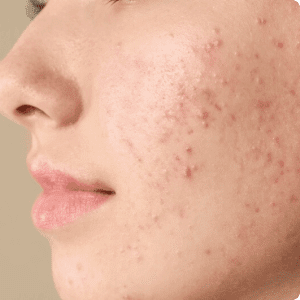
Cysts
Cysts, are common, with epidermoid and pilar cysts being most prevalent. Typically harmless, removal is easy with local anesthesia if needed.
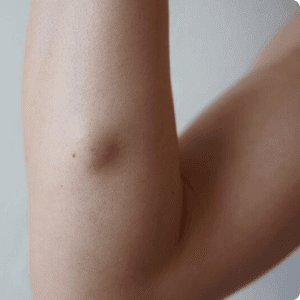
Eczema
Eczema, a common skin inflammation, can be hereditary or non-hereditary, causing itching and redness. Early management is vital to prevent skin infections.
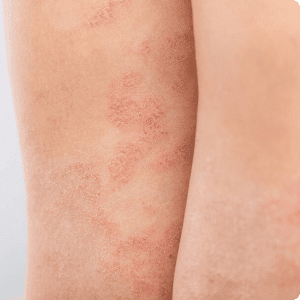
Excessive Sweating
Hyperhidrosis affects around 3% of the population. Treatment depends on underlying causes like overactive thyroid, diabetes, infections, or menopause.
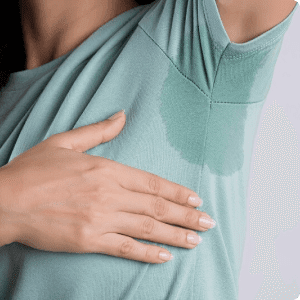
Female Genital Skin Conditions
These are very common & are not necessarily related to sexually transmitted diseases. The external genital organ of a woman is known as vulva. Symptoms may include redness, itchiness, pain and ulceration.

Moles
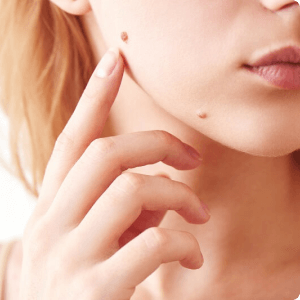
Psoriasis
Psoriasis, impacting about 2% of the population, causes red, flaky patches with silvery scales. While no cure exists, treatments can improve symptoms and appearance.

Rosacea
Rosacea, common in ages 30-60, causes redness, flushing, bumps, and can affect fair-skinned individuals. Treatments are available for management.
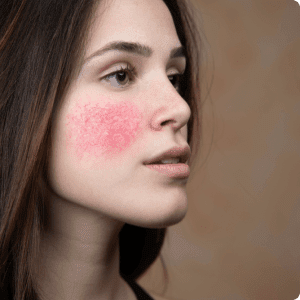
Seborrhoeic Keratosis
Seborrhoeic keratoses are common harmless skin growths, often pigmented and more prevalent with age. They can be itchy and catch on clothing, sometimes seen as unsightly, particularly on the face.

Skin Cancer
Two skin cancer types: melanoma and non-melanoma, like basal cell carcinoma (BCC). BCC, common in the UK, is usually treated with surgical removal, discussed with a dermatologist.
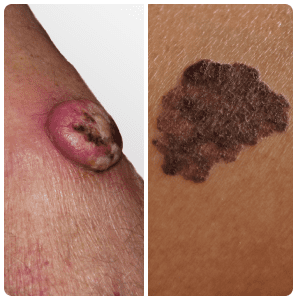
Skin Tags
Skin tags, common soft lesions resembling warts, often appear in skin folds. Generally harmless, treatments like cryotherapy and shaving/snipping are simple and effective if needed.
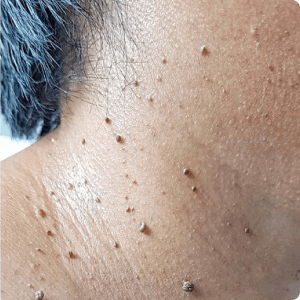
Sun Damage
Freckles, common in fair-skinned individuals, result from melanin build-up, often fading in winter. No treatment is usually needed, but concerns can be discussed with a dermatologist.
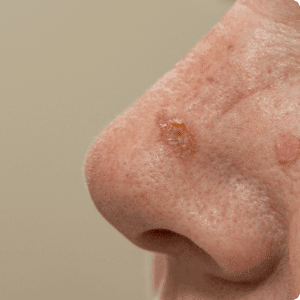
Urticaria
Urticaria (hives) causes itchy, pink or white weals with redness. Clearing within 24 hours, new ones may persist for weeks due to triggers like infections or allergens. It may require treatment during active episodes.

Viral Warts
Viral warts, caused by HPV, are common benign skin growths that can spread through skin contact. Treatment requires patience, as warts may take time to eliminate and can be uncomfortable.
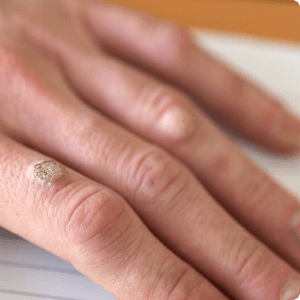
Solar Lentigo
A lentigo is a darker skin area from sun damage, often related to age. Found on sun-exposed areas, they may be a cosmetic concern. Treatments include cryotherapy, hydroquinone creams, and lasers.

Book a Consultation
Trusted Dermatology for Your Skin Conditions
Get in touch with our friendly team today to book an appointment with us. You can contact us via the phone or email:
Visit Our Clinics
North London location:
Highgate Private Hospital
17-19 View Road
Highgate, London
N6 4DJ
Central London:
Skin 55
55 Harley Street
London
W1G 8QR
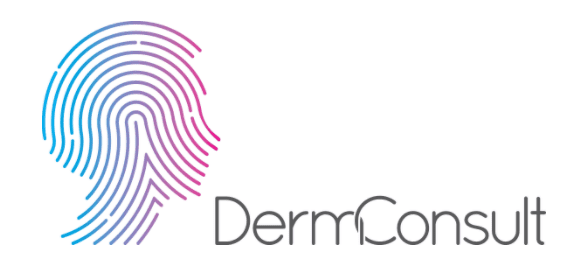

 Discuss your Condition with an Expert
Discuss your Condition with an Expert